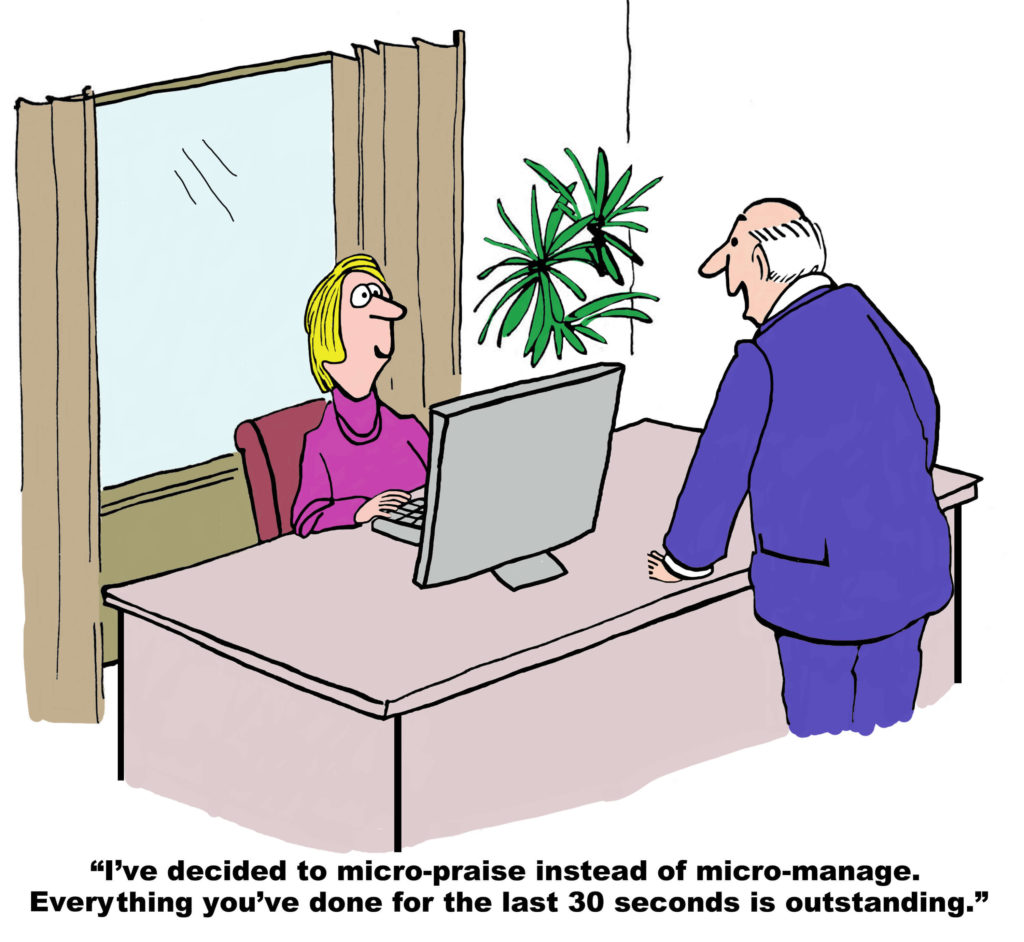 Give me enough ribbons to place on the tunics of all my soldiers and I can conquer the world. Napoleon
Give me enough ribbons to place on the tunics of all my soldiers and I can conquer the world. Napoleon
As a leader, through the years I have been unaware of the power and importance of expressing sincere and well-deserved appreciation to team members and individuals. I vow to correct this neglect and make “placing ribbons on the tunics of my team members” a high priority.
Consider this:
“Carolyn Wiley of Roosevelt University reviewed four similar studies of employee motivation conducted in 1946, 1980, 1986, and 1992. In each of the studies, employees were asked to rate the factors that motivated them. Popular answers included ‘interesting work,’ ‘job security,’ ‘good wages,’ and ‘feeling of being in on things.’ Across the studies, which spanned 46 years, only one factor was cited every time as among the top two motivators: ‘full appreciation of work done.’
“The importance of recognition to employees is inarguable. But here’s the problem: While recognition is a universal expectation, it’s not a universal practice.
“Wiley sums up the research: ‘More than 80 percent of supervisors claim they frequently express appreciation to their subordinates, while less than 20 percent of the employees report that their supervisors express appreciation more than occasionally.’ Call it the recognition gap.” [From The Power of Moments by Chip and Dan Heath, page 145]
Expressing appreciation can be simple and quick, and it costs nothing. In your staff meeting, brag on a team member. Write a personal note of appreciation. Give a team member an afternoon off as a reward for good work. Public praise is more powerful than affirming someone privately, though both are beneficial.
[reminder]What are your thoughts about this essay?[/reminder]

However, just saying “I appreciate the work you do,” or some other general statement is not sufficient. Be precise in what it is that you appreciate. I wonder if that was the discrepancy in the survey responses of supervisors and employees. When a general statement is made, it doesn’t feel sincere.
Anita, I agree with you; words of appreciation need to be specific, otherwise they can be counterproductive. Thanks for taking the time to write. Don
Another take on the 80 and the 20–Supervisors may tend to praise a small percentage of their reports, so they remember their praising, and the limited number of recipients may just be a distribution artifact…
Bill, thanks for taking the time to write. You may have a point; as leaders we need to make sure we distribute the appreciation across the entire team.